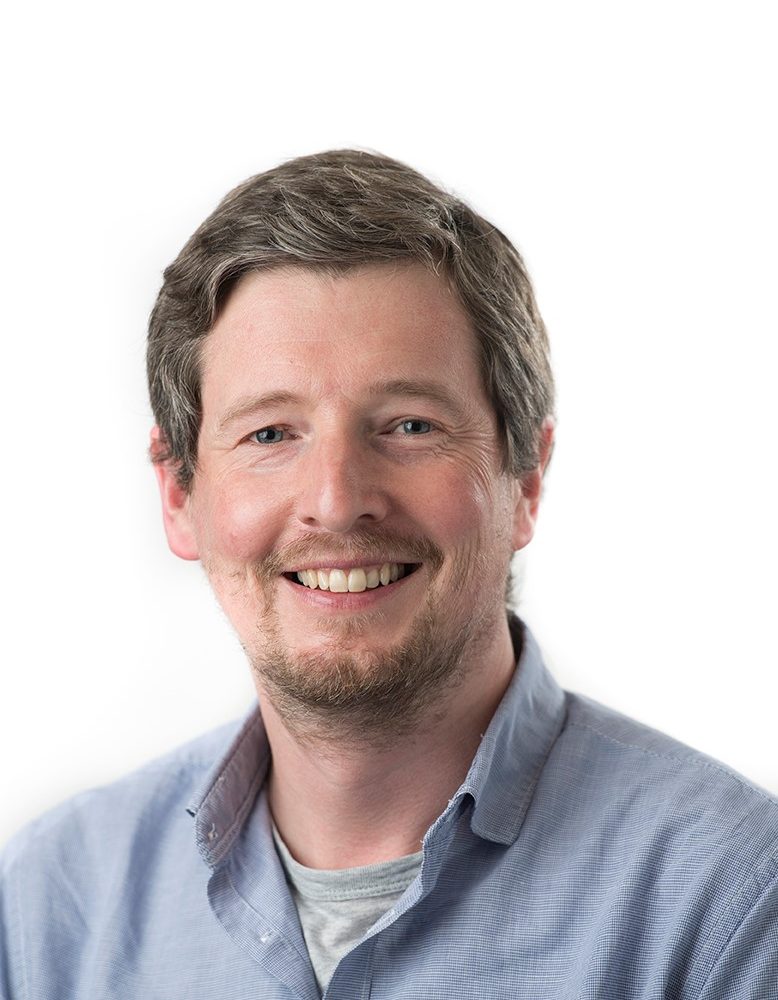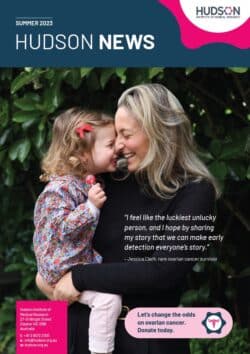Associate Professor Robin Hobbs
- Deputy Centre Head, Centre for Reproductive Health
- Research Group Head, Germline Stem Cell Biology
- robin.hobbs@monash.edu
The maintenance of male fertility is dependent on spermatogonial stem cells that self-renew and generate differentiating germ cells for spermatozoa production. My research is defining the molecular mechanisms regulating spermatogonial stem cell function and male fertility.

Areas of interest
Female infertility Male infertility
Research group
Biography
Interim Deputy Centre Head of Centre for Reproductive Health at Hudson Institute of Medical Research, Associate Professor Robin Hobbs also heads up the Germline Stem Cell Biology Research group. His laboratory is focused on defining the molecular mechanisms regulating spermatogonial stem cell (SSC) function and male fertility.
Associate Professor Hobbs first established his group at the Australian Regenerative Medicine Institute, Monash University in 2012 before joining the Hudson Institute in 2020. His interest in the stem cell field was developed during PhD studies in the United Kingdom with Prof Fiona Watt, an internationally recognised expert in the epidermal stem cell field. During postdoctoral studies with Prof Pier Paolo Pandolfi at the Memorial Sloan-Kettering Cancer Center and Beth Israel Deaconess Medical Center in the United States, A/Prof Hobbs characterised a key and unexpected role for the transcription factor and tumour suppressor PLZF in SSC self-renewal and fertility.
More recently, Associate Professor Hobb’s research group has characterised cellular heterogeneity and dynamics within the undifferentiated spermatogonial population and defined multiple regulatory pathways essential for SSC function. He was recipient of an ARC Future Fellowship in 2014 and also an Investigator within the Stem Cells Australia research program. Current studies from his group are focused on understanding regulatory mechanisms of SSCs and regenerative capabilities of SSCs following germline damage.
Student opportunities

Publication highlights



